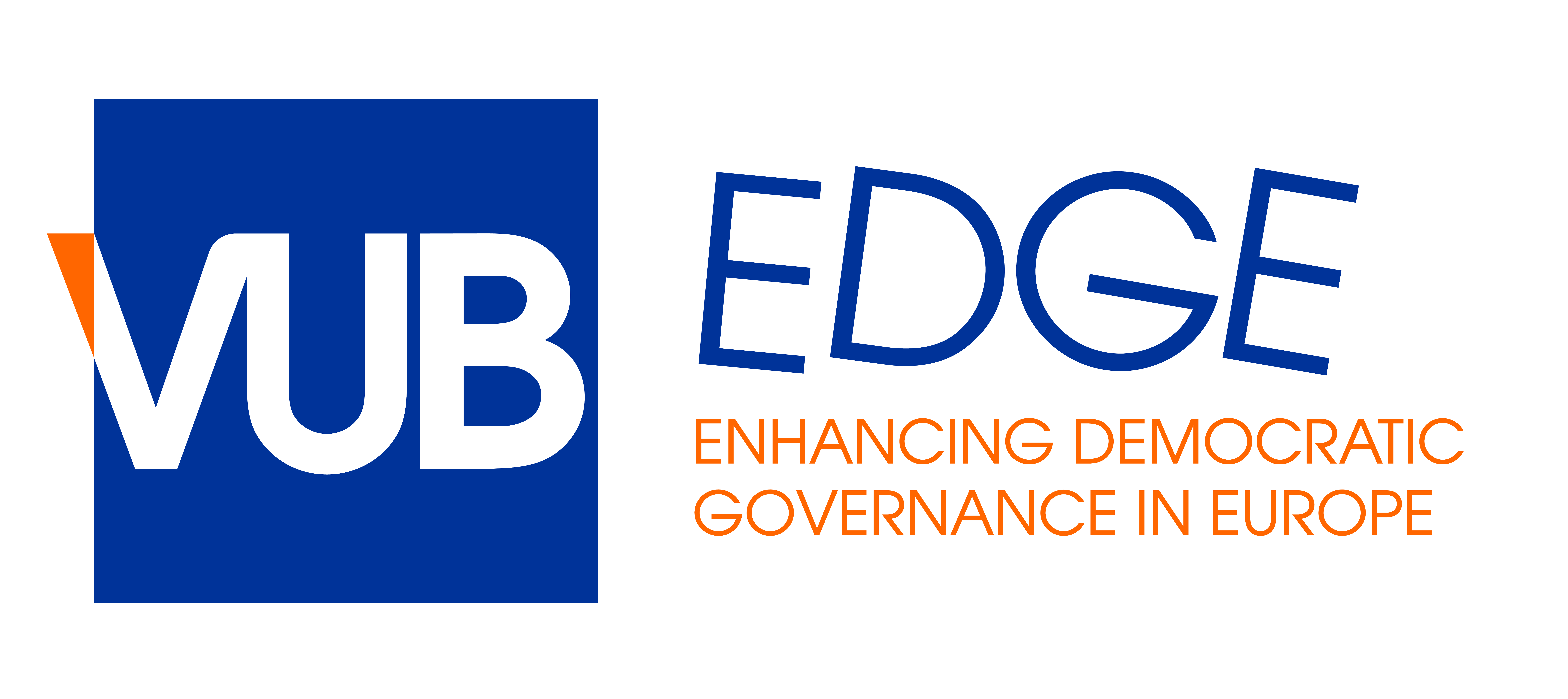
Forced Migration Spaces: The Spatial Negotiation of Asylum in European and U.S. Cities
Between 2016 and 2020, René Kreichauf has been a FWO fellow at the Cosmopolis Centre for Urban Research (VUB) and an associated PhD student of the Graduate School of North American Studies at Freie Universität Berlin. His fellowship included visiting researcher positions at the Global Urban Studies Program (Rutgers University—Newark) and Baruch College (The City University of New York).
René will publicly defend hir Thesis in an online event on November 18, 2020 at 2pm. TO JOIN THE DEFENSE, please follow the link https://bit.ly/3niXXpY. (See flyer below, for more info).
Meanwhile, here's a short interview to get to know a bit his work.
- Tile of the Thesis:
Forced Migration Spaces: The Spatial Negotiation of Asylum in European and U.S. Cities
- Can you summarize your thesis in a few words?
"My PhD thesis studies the arrival of forced migrants in European and U.S. cities with a focus on Berlin and New York City. In particular, it analyzes and internationally compares the variety of spatial productions related to forced migration processes and to the emergence of national and local asylum regimes in different urban settings. The thesis explains that forced migration and asylum are both a spatial and urban experience characterized by sovereign and economic ambitions to manage and exploit forced migrants through space as well as attempts of forced migrants to access urban life."
- What is the main academic or societal contribution of your thesis?
"My dissertation brings forth and includes forced migration within the agenda of urban studies, and it strengthens the spatial and urban turn in (forced) migration research by providing new theoretical approaches and fresh empirical material. It provides several concepts to study the arrival of forced migrants and the spatial regulation of forced migration underlining that the production of space related to forced migration is an integral part of twenty-first century urban landscapes—not just for forced migrants but increasingly for many urban residents."
- Could you share with us any anecdote related to your PhD-experience?
"In early March 2020, protesters, human and migrant rights organizations called upon the EU and European countries to welcome some 40,000 forced migrants trapped in overcrowded camps on Greek islands, Moria in particular. The EU and most of its member states refused. Shortly after, Covid-19 started to hit Europe hard, and many European countries went into lockdown including mobility, cross-border movement and travel restrictions. With the start of the cultivation and harvest season in spring, some countries realized that those restrictions would prevent so-called labor migrants or seasonal workers from entering and doing agricultural work. In response, Germany, for example, established a special entry regulation and provided special flights to enable the reception of 80.000 (underpaid and badly housed) Rumanians for cropping much needed German asparagus. In September 2020, fires destroyed the Moria camp leaving some 13,000 people in even more devastating circumstances and without shelter. Again, organizations, media outlets, and politicians criticized "Europe's failed asylum policy" demanding the resettlement of forced migrants from Greek islands. Germany reacted and allowed the relocation and entry of 101 refugees."
